In a dramatic move that threatens to shake the foundations of Kenya’s judiciary, retired Kenya Air Force officer Capt. (Rtd) Jammies Nyongesa Wafubwa has lodged a petition with the Judicial Service Commission (JSC) seeking the removal of Chief Justice Martha Koome on grounds of alleged incompetence and gross misconduct.
Allegations That Spark the PetitionIn his petition, Wafubwa accuses CJ Koome of several serious failings, including:Changing the nature of court proceedings from public to private without seeking public input, thereby undermining the constitutional requirement for transparency in the administration of justice.
Using her administrative powers to block or delay appeals pending at the judiciary, effectively frustrating litigants and denying them timely access to justice.
The document outlines that Wafubwa believes these actions amount to both incompetence and gross misconduct, triggering the threshold for constitutional removal under Article 168 of the Constitution.
The petition against a sitting Chief Justice is rare and carries broad implications:Judicial independence and public confidence: Challenges to the office of the Chief Justice may stir public anxiety about the stability and impartiality of Kenya’s judiciary.
Precedential impact: If the JSC accepts the petition and proceeds to tribunal, it could set a precedent for how senior judicial officers are held accountable—potentially shifting the balance of oversight in the Kenyan constitutional order.
Political undercurrents: Amid a climate of heightened scrutiny over institutional governance ahead of the 2027 general election, the move comes at a sensitive juncture and may escalate tensions between the judiciary, executive and legislative branches.
The JSC is now expected to review the petition to determine whether it discloses grounds sufficient to warrant establishment of a tribunal as required under the constitution. If the JSC authorises the matter to proceed, a tribunal may be set up to investigate the allegations.
Should that tribunal substantiate the claims, the Chief Justice could face removal from office.During the process, court operations may face disruptions as key stakeholders respond.
The judiciary may issue statements to protect institutional integrity or to defend the Chief Justice from what may be perceived as politically motivated attacks.
The incident raises several immediate risks:A protracted tribunal may slow down key judicial functions, especially in election-related casework, thus affecting public confidence in timely dispensation of justice.
If perceived as politically motivated, the petition may undermine the perceived neutrality of the judiciary and provide fodder for external criticisms of judicial capture.Conversely, failure by the JSC to act may embolden further formal challenges to judicial officers, creating a precedent of senior office-holders being destabilised through petitions.
With a rare petition targeting Chief Justice Martha Koome now formally filed, Kenya finds itself at a constitutional crossroads. The handling of this case by the Judicial Service Commission will be closely watched by legal professionals, civil society, and the public alike.
The integrity of the judiciary, the rights of litigants, and the principle of separation of powers all hang in the balance as the process unfolds.


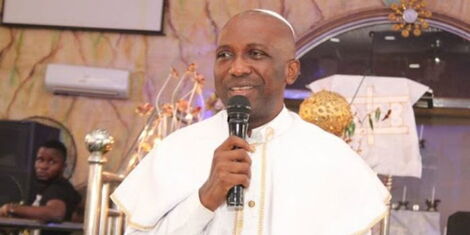
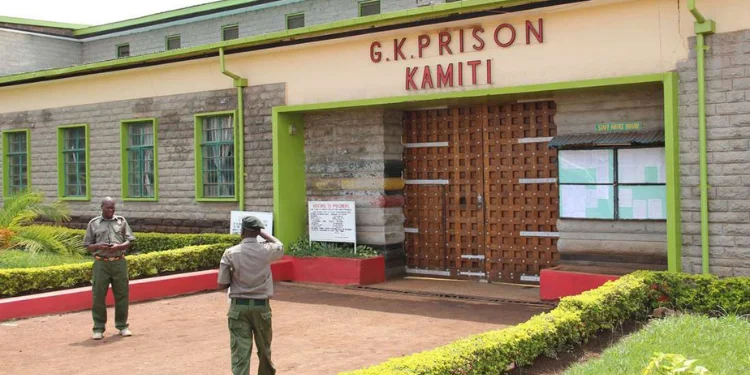



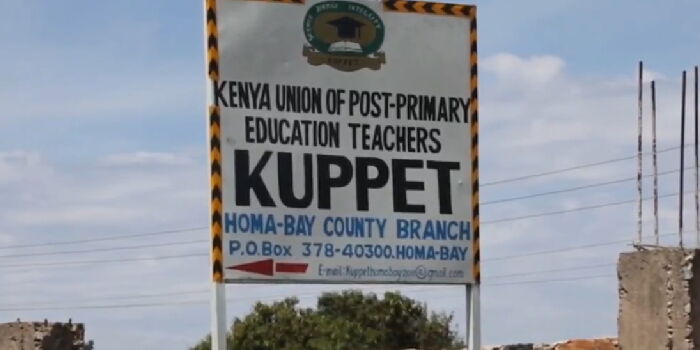


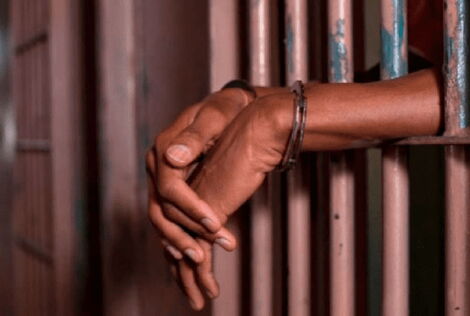
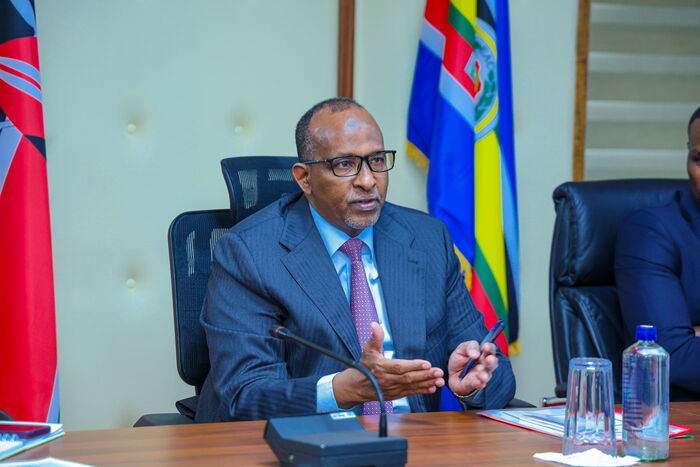

Leave a Reply